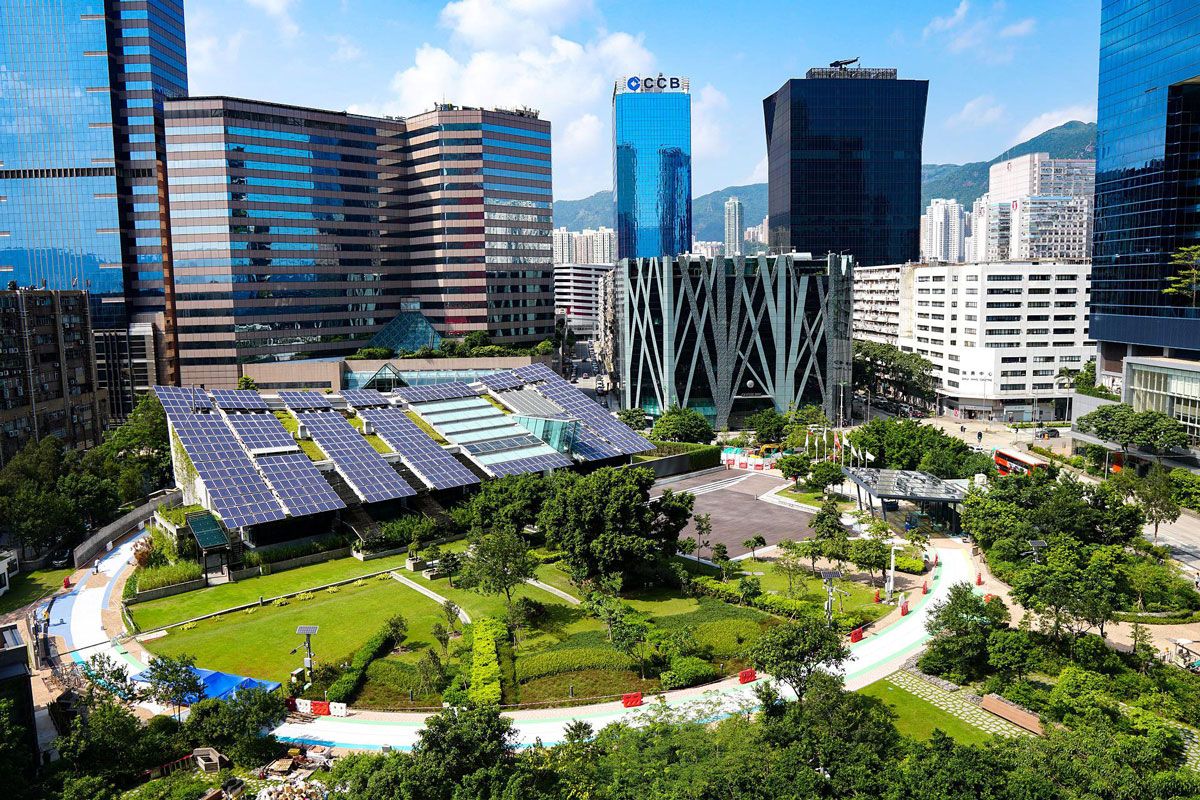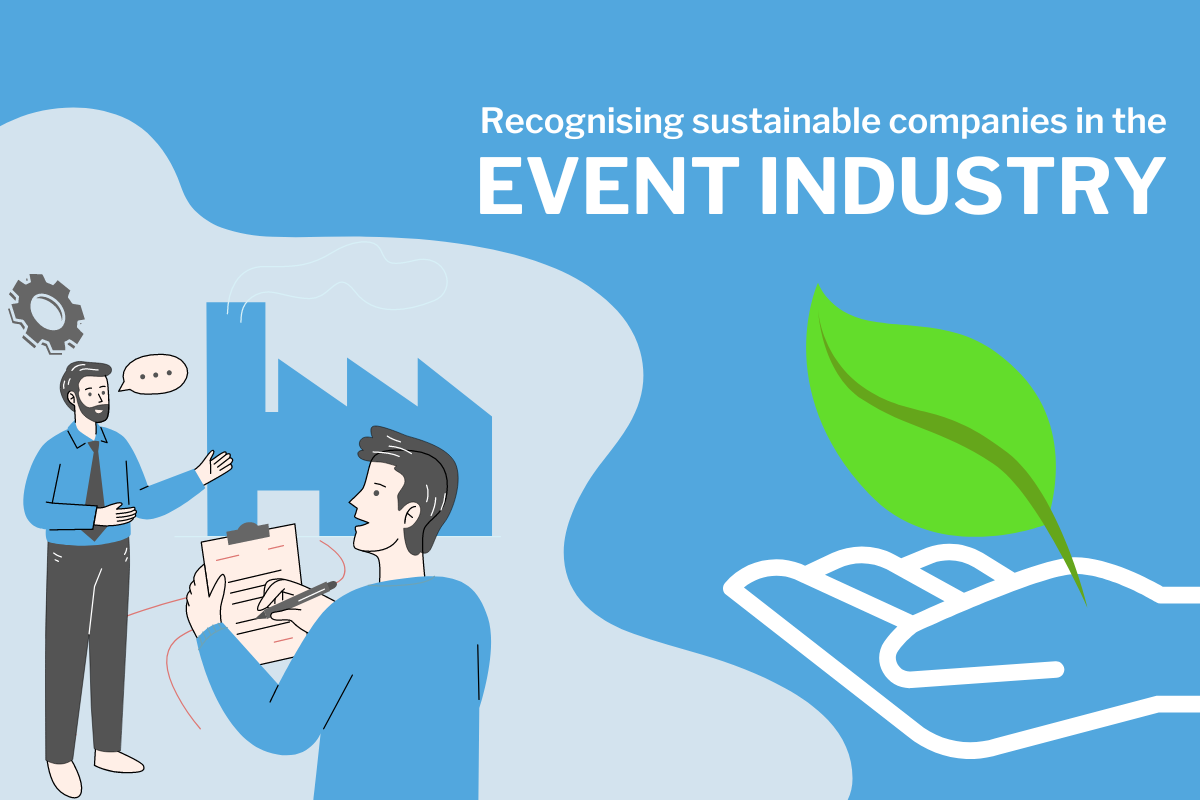Climate-neutral company as a competitive advantage
The costs of environmental change should not be underestimated. Regulations often force companies to invest in new technologies, services and...
2 min read
 Dr. Christian Coppeneur-Guelz
:
Thursday, 13. October 2016
Dr. Christian Coppeneur-Guelz
:
Thursday, 13. October 2016

Losing the company's authority to act - every entrepreneur shudders at the thought. But why is corporate social responsibility (CSR) an integral part of today's corporate structure?
Corporate social responsibility is ‘the responsibility of companies for their impact on society.’ If we work socially and sustainably, society also benefits and we improve the image of our own company.
CSR is a complex and image-driven topic throughout the entire company. Whether management, HR, marketing or IT: each of these areas of the company can benefit from sustainable corporate management. This is because the implementation of this CSR strategy promotes innovation, opens up new business areas and enables important savings to be made. Whether responsible management, satisfied employees or environmental protection - recognising social responsibility is how we secure our future.
We support our local sports club, are co-initiators and founders of a foundation, run our own day-care centre for children and neighbourhoods and are personally involved on the board of the Chamber of Crafts. Companies improve their image, become more attractive to employees, sharpen their position in the market and save energy and resources.
Promoting and motivating staff plays an important role in a company. In order to properly promote and motivate an employee, you have to engage with them, get to know their mindset and understand their way of working.
‘Ideas over titles’ is WWM's motto. Every idea is a step in the right direction, ‘and passion never fails’.
Of course, the management and project managers mostly have good ideas, but what happens if the intern's idea is better? Ignorance, rejection and prejudice? Wrong, because then the next vacant internship will certainly not be filled.
‘Ideas over titles’ - this is the only way to make the next idea even better. Satisfied employees are every company's recipe for success - and only a cookery course can turn it into a recipe with a star.
The same applies to the term ‘sustainability’, which is all too often equated with CSR - although the two words express different things. While corporate social responsibility is a question of mentality, morals, togetherness and leadership, sustainability is ‘merely’ a description of a state: ‘something’ can be ‘sustainable’ if, for example, it lasts a long time; if it is future-orientated; if it does not correspond to short-term thinking.
Ideally, event managers know all the aspects that their own company has included in its ethical canon: Classically, for example, specifications are articulated that sensitise people to waste avoidance and recycling issues; modern building equipment is cited to reflect ecological responsibility; the ‘paperless office’ is becoming increasingly popular, and not just in software companies. Events can be easily planned, managed and organised digitally, resource-saving printing processes for marketing materials are offered and trade fair stands are used multiple times. This ‘wild grasp’ of a fraction of the ecological aspects of sustainable corporate ethics alone illustrates the extent to which event experts in particular are involved.
Ask yourself, ask your colleagues in marketing, sales and other departments: What are we actually doing? What should we do? Where can we optimise value chains? - Yes, the last point in particular ‘really packs a punch’, after all, events have to generate business benefits: Sales ask for ‘leads’, which should be prepared as delicately as possible; press representatives have to be served; image gain, deals and cost-benefit ratio are permanently present: from planning to assembly to realisation, dismantling and logistics.
And alongside these economic factors are ecological and social factors - a very broad field that event managers work on to make events successful. The same applies to this CSR topic, which we can only touch on here today. However, in the interests of modern and ethically sound event management, we don't want to stop there, which is why you will be reading individual CSR details in WWM's know-how blog at loose intervals from now on.
Would you like to find out more now? - We would like to invite you on a short ‘CSR tour’: Read all about our Corporate Social Responsibility.

The costs of environmental change should not be underestimated. Regulations often force companies to invest in new technologies, services and...

Exhibitions are among the most elaborate forms of live communication. They bring companies, customers, partners and the media together with the aim...

In a world characterised by constant change and progress, the topic of sustainability is becoming increasingly important and is therefore now a top...